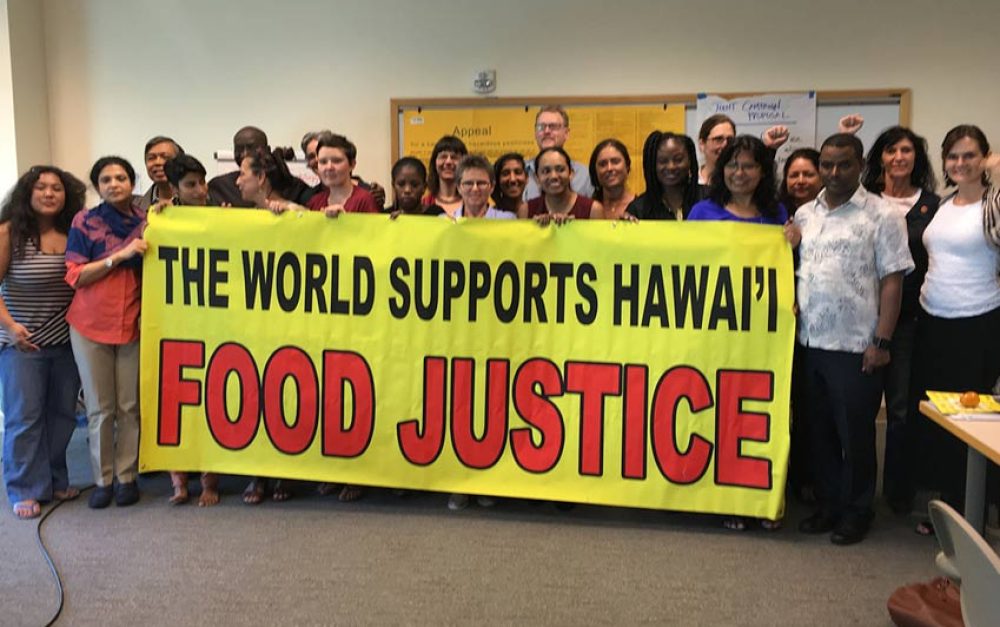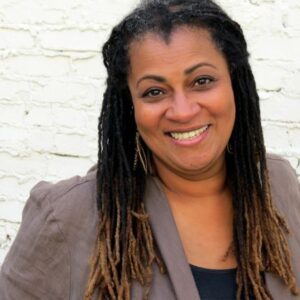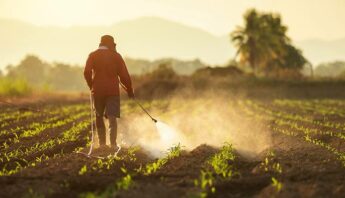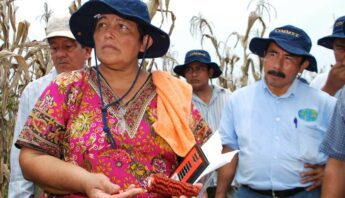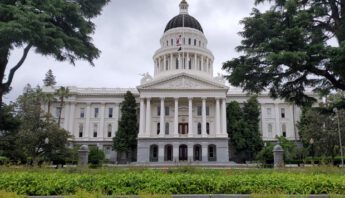Last week I joined the PAN International family — or ohana, to use the Hawaiian phrase — in Honolulu to share, strategize and inspire one another. In this beautiful setting, people from 14 countries, including activists from the Hawaiian Islands, concluded by agreeing that “the fight to end the overuse of chemical pesticides…begins in Hawai’i and extends around the world.”
The meeting capped the end of an inter-island Food Justice Summit, co-sponsored with Hawai’i Alliance for Progressive Action (HAPA). The tour featured four powerful women sharing their stories and struggles in the work for just food and farming, including:
- Mariann Bassey, Environmental Rights Action/Friends of the Earth, Nigeria;
- Adelita San Vincinte, Fundación Semillas de Vida, Mexico;
- Eva Schürmann, MultiWatch, Switzerland; and
- Sarojeni Rengam, PAN Asia & the Pacific, Malaysia.
As honorary Grand Marshals of Oahu’s Martin Luther King Day parade, the foreign visitors embodied international solidarity across continents and between people most directly affected by chemical-intensive agriculture — connecting directly to the ongoing fights in Hawai’i for land rights, self-determination and rights to health and livelihood.
Hawai’i in focus
Five of the world’s six largest genetically engineered (GE) seed and pesticide corporations field-test new GE crops on Hawai’i farmland. These seeds, often designed for use with specific pesticides, require repeated applications of harmful pesticides like atrazine, paraquat and chlorpyrifos. Farmworkers and residents of communities adjacent to the GE test fields — children, especially — are most at risk for health harms from drifting pesticides and contaminated water.
In recent years, opposition to the proliferation of GE seed testing on the Hawaiian Islands has been lively and vocal, an epicenter of the effort to wrestle control of food and farming from the “Big 6” corporations. A diverse assortment of local groups, supported by PAN and other national allies, are holding their own against some of the most powerful multinationals in the world. Adelita, Mariann, Sarojeni and Eva, the Food Justice Summit tour speakers, connected the local fight to the global community. The marches, ballot initiatives and lawsuits are having direct impact — and echoing similar efforts in communities around the world.
In the midst of the Food Justice Summit, we learned that ten farmworkers at one of Syngenta’s Kaua’i GE cornfields were hospitalized after exposure to chlorpyrifos, commonly known as Lorsban. PAN has been working to get this nasty chemical off the market for years, and it looks like that may happen soon. This chlorpyfios poisoning incident was a stark reminder of what’s at stake for communities near and far.
A few days later, I went on a “toxic tour” of Waimea, on the west side of Kaua’i, and was stunned to see how close people’s homes are to some of the highest concentration of restricted-use pesticides in the whole country. It reaffirmed the critical importance of our work, in the U.S. and as part of the PAN International network.
Accountability, locally & globally
Local and international struggles were brought together at the annual “Ku’i at the Capitol” event on the opening day of the state legislature. Organized by Hui Aloha ‘Aina Momona — an organization that promotes land stewardship and traditional cultural practices and foodways — the event included dozens of youth pounding kalo (taro) into poi. And other groups, like HAPA and Hawaii SEED, hosted a “People over Profits” rally on the capitol rotunda.
A running theme of the rally was accountability, to each other and to future generations. In the Hawaiian language, kuleana means personal responsibility, with strong elements of morality, concern and privilege. The feeling of kuleana also infused the two-day PAN International planning meeting after the Food Justice Summit. From Ethiopia to India, communities are organizing to protect themselves from highly hazardous pesticides, to promote agroecological and indigenous methods of growing food. Much of this advocacy is taking place with very limited resources. In some cases, such as in the Philippines, organizers have been killed for fighting for the rights of affected communities.
Gathered in Hawai’i, we shared stories and strategies, and resolved to coordinate on new global campaigns to elevate these critical issues locally and globally. Together, we affirmed a public statement of support for our friends in Hawai’i and around the world. “We pledge our commitment to stand together,” we wrote, “and organize our communities to protect our homes, our children, and our shared planet. The agrichemical industry is global and so is our collective fight.”
I’ve never been more proud to be a member of the PAN ohana! I’m heading back home with a profound sense of mahalo (gratitude) and resolve.



